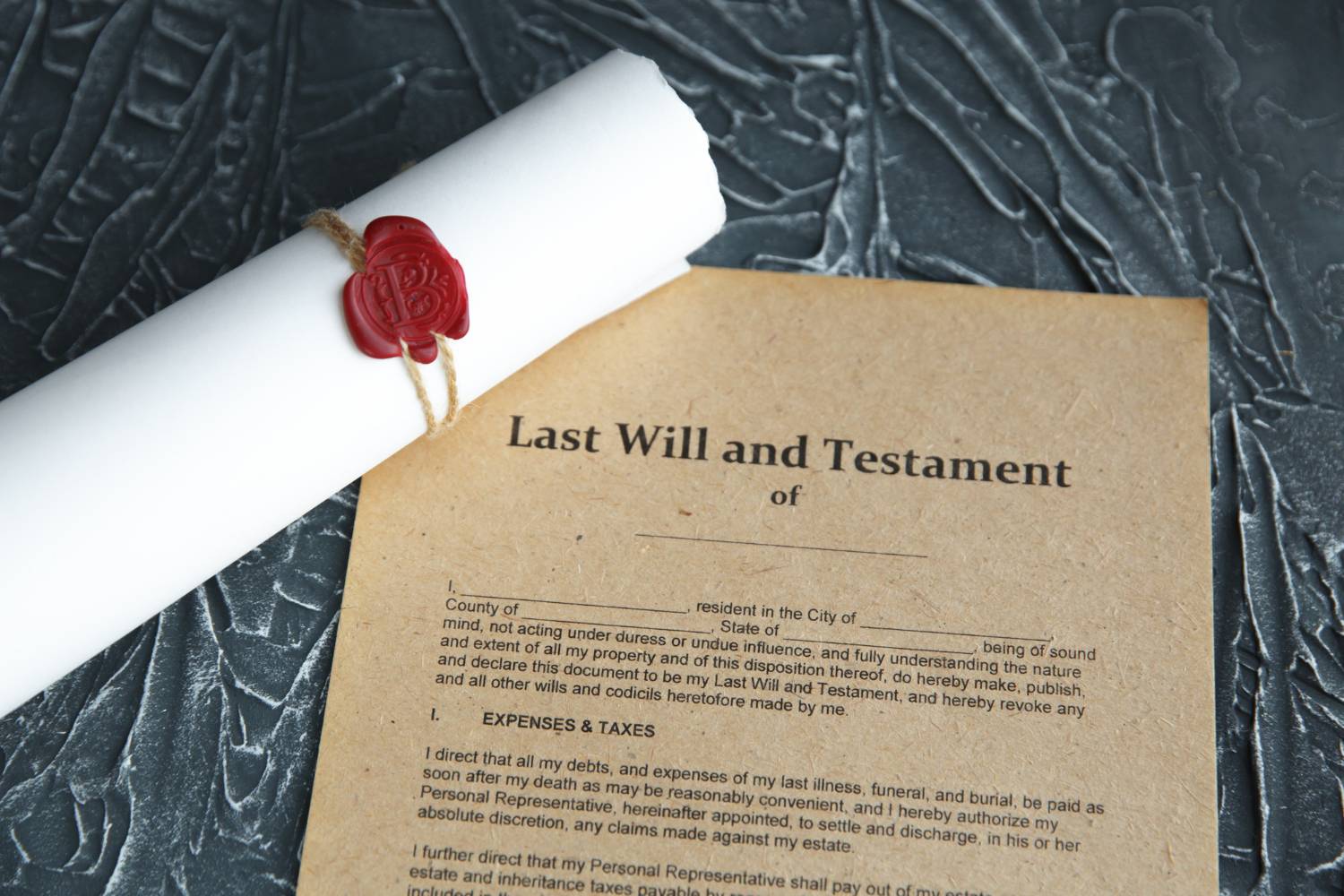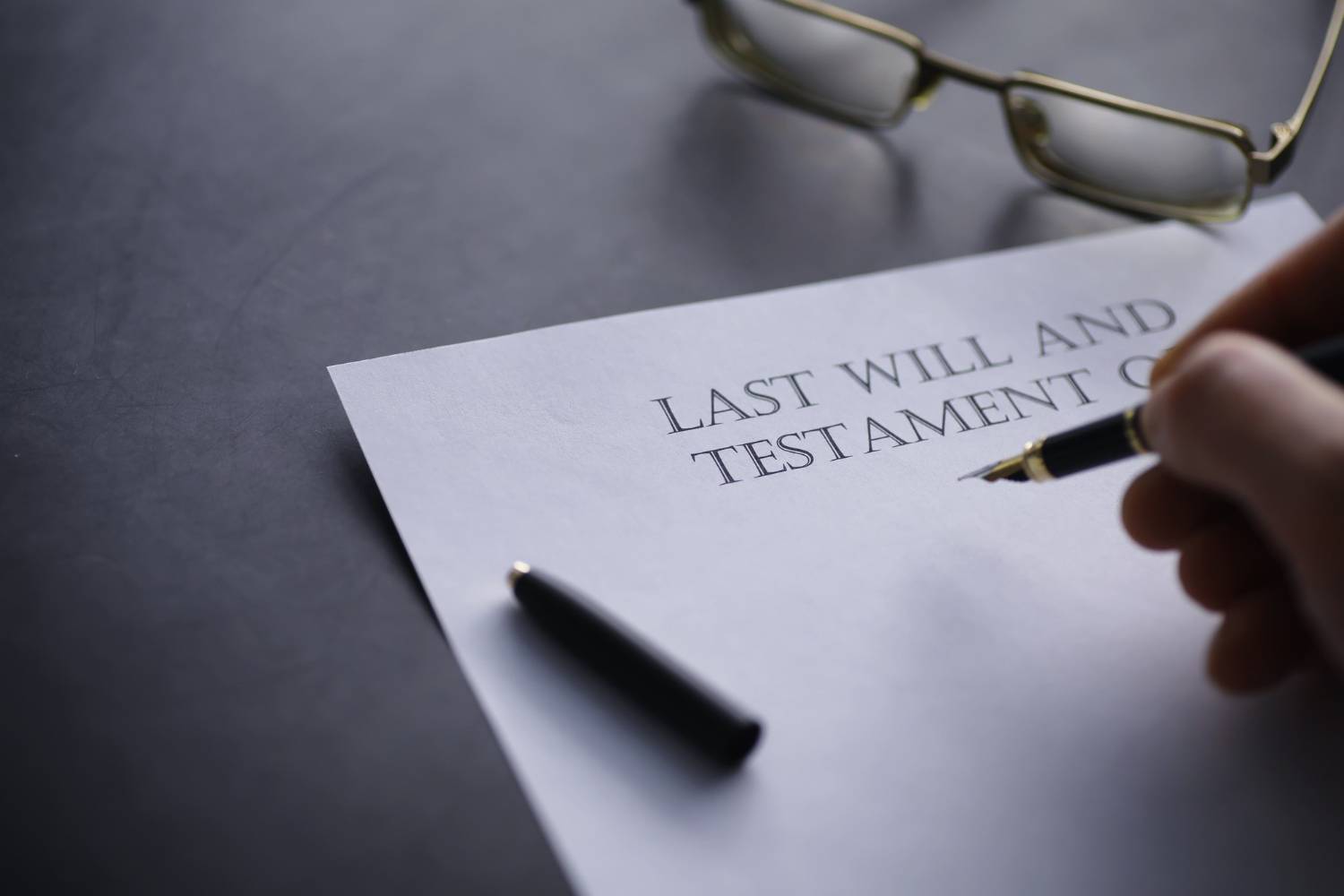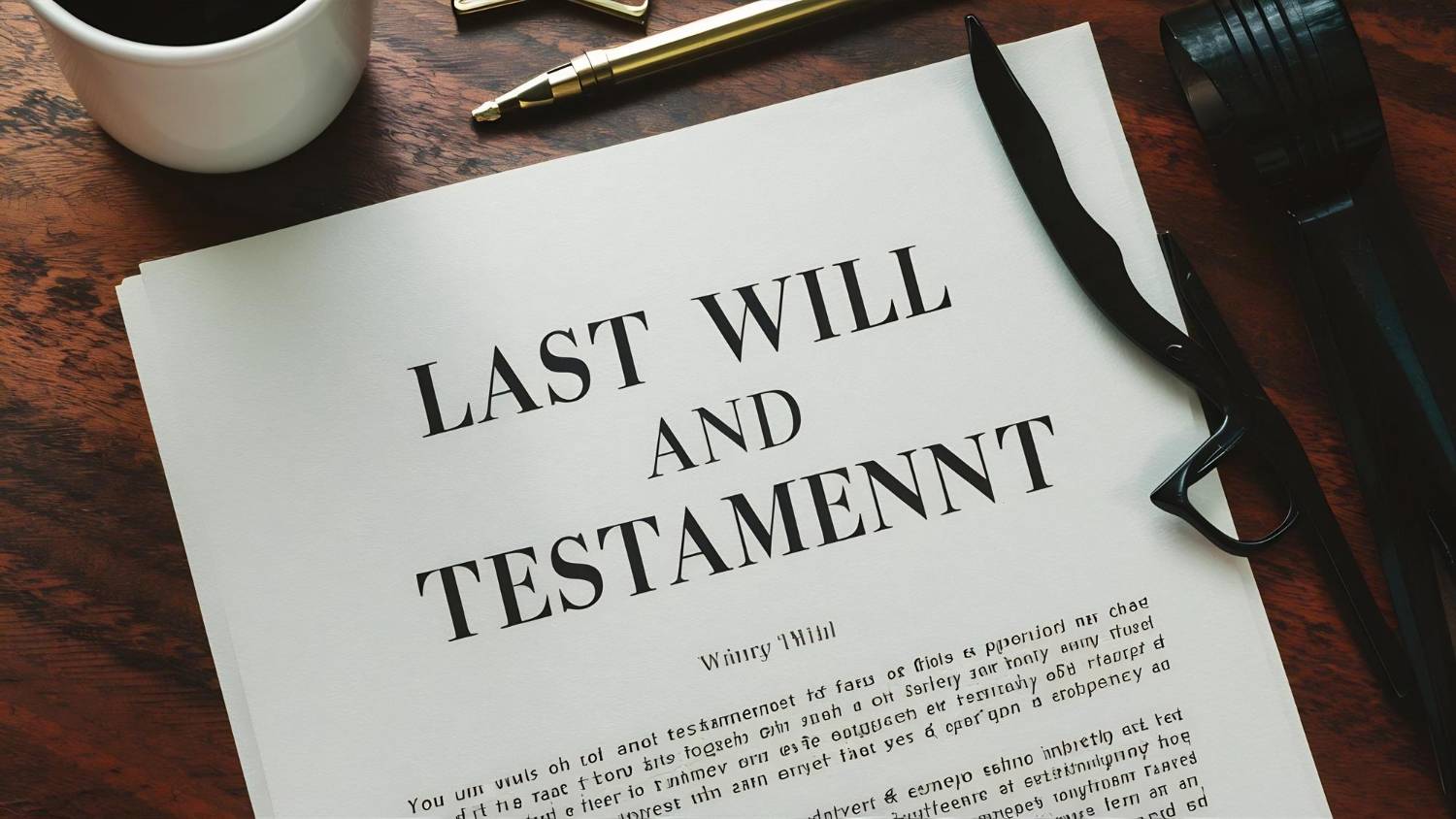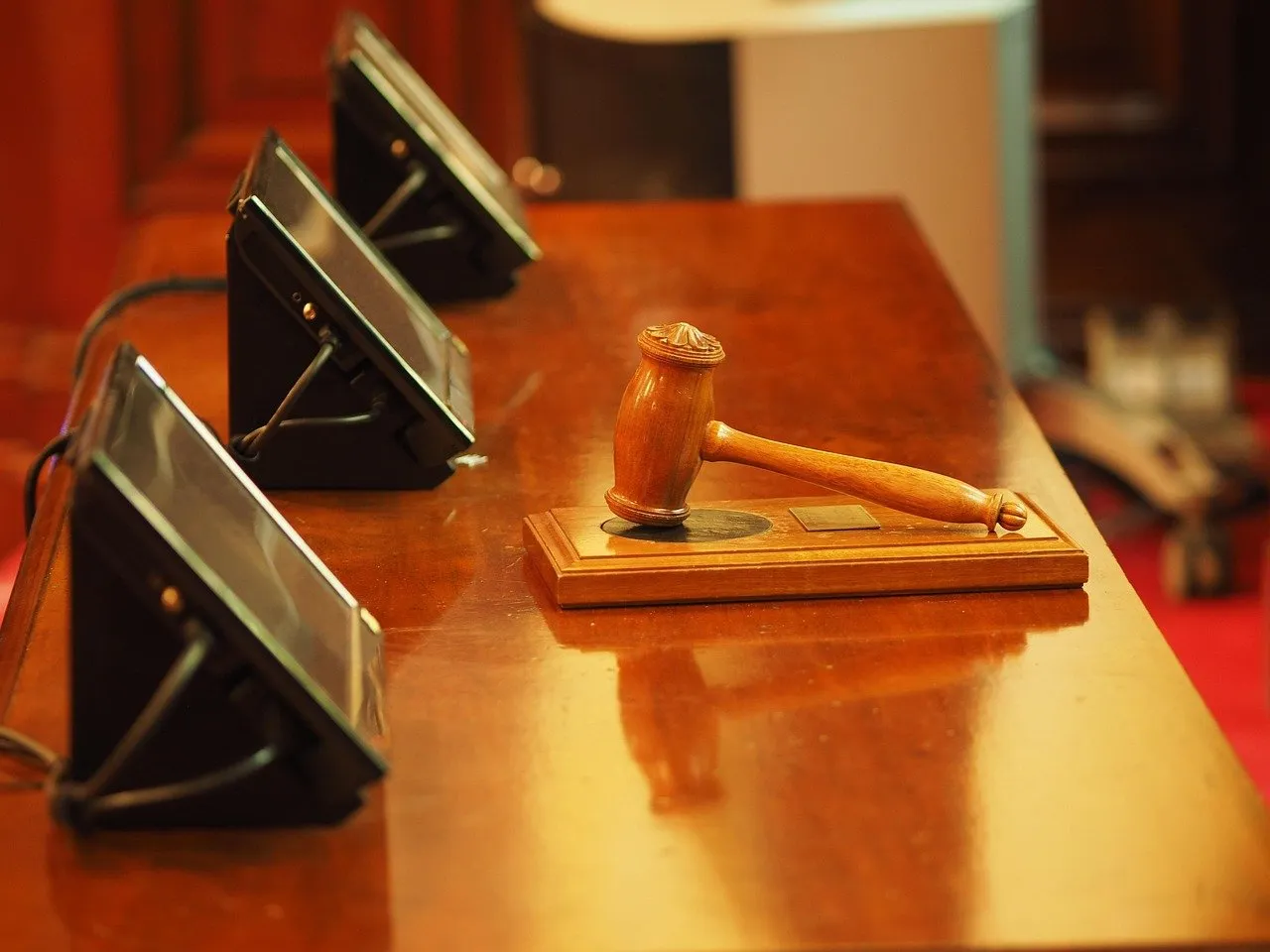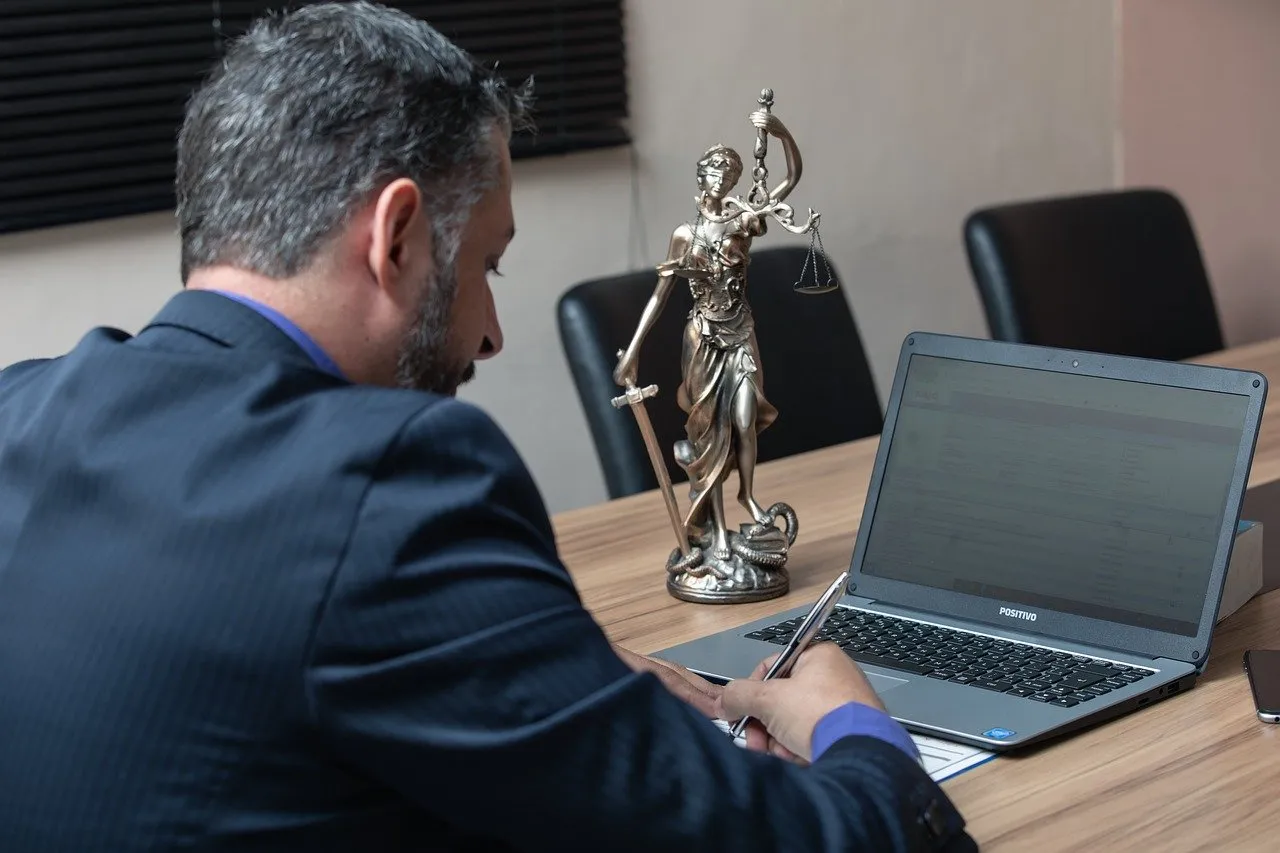Introduction
For a will to be legally valid in New South Wales, the person who made it must have possessed testamentary capacity at the time of its creation. This principle is fundamental to succession law, ensuring that a will accurately reflects the true and informed intentions of the testator, as a lack of capacity can render the document invalid and open to a legal challenge.
When doubts arise about a will-maker’s mental state due to illness or cognitive decline, interested parties may need to challenge the validity of the will. This guide provides essential information on the legal grounds and procedures for challenging a will on the basis of testamentary incapacity, outlining the steps involved in disputing the document before or after a grant of probate is issued.
Understanding Testamentary Capacity in NSW
The Legal Standard from Banks v Goodfellow
In New South Wales, the legal test for testamentary capacity originates from the English case of Banks v Goodfellow (1870). This long-standing precedent establishes that for a will to be valid, the person making it must have possessed a sound mind, memory, and understanding at the time of its creation.
The court uses a four-part test to assess whether the will-maker met this standard. To satisfy the requirements for testamentary capacity, the will-maker must have been able to:
| Component of the Test | Description |
|---|---|
| Understand the Act | The will-maker must comprehend they are creating a document to legally distribute their property after death and understand its effects. |
| Know the Extent of Property | The individual must have a general awareness of the nature and value of the assets they own and are distributing. |
| Appreciate Claims on Estate | The will-maker must comprehend and appreciate the people who might have a moral claim to their estate, such as family members, which is a key consideration when making a family provision claim. |
| Free from Relevant Disorders | The will-maker cannot be affected by any mental disorder or delusion that influences the will’s terms, causing a distribution they would not have otherwise made. |
Distinguishing the Legal Test from a Medical Diagnosis
It is crucial to understand that testamentary capacity is a legal concept, not a medical one. While medical evidence plays an important role in court proceedings, a medical diagnosis alone does not determine whether a person has the legal capacity to make a valid will.
The legal threshold for proving a lack of capacity is quite high. Conditions such as dementia, Alzheimer’s disease, or other mental illnesses do not automatically render a will invalid.
A person may experience periods of lucidity during which they are capable of meeting the legal standard. The court’s focus is on the will-maker’s mental state at the specific time they gave instructions and signed the will, not their general health condition.
Speak to a Lawyer Today.
We respond within 24 hours.
Common Grounds for a Testamentary Capacity Challenge
The Impact of Dementia & Cognitive Impairment
Conditions such as dementia and Alzheimer’s disease are common reasons for a will to be challenged on the basis of testamentary incapacity. However, a medical diagnosis of cognitive impairment does not automatically invalidate a will.
The central legal question is whether the will-maker possessed the required mental capacity at the specific time they executed the document. In this regard, the court recognises that individuals with dementia may experience periods of lucidity. If a will is made during such a lucid interval, it can be considered valid.
When challenging a will on these grounds, the person must provide evidence that:
- The cognitive condition was severe enough to prevent the will-maker from meeting the legal standard for capacity
- The impairment specifically affected the will-maker at the time when the will was signed
The Role of Mental Disorders & Delusions
A will can be declared invalid if the will-maker was affected by a “disorder of the mind” or a delusion that directly influenced its contents. Nevertheless, the legal threshold for incapacity is high, and the mere presence of a mental illness is not sufficient to overturn a will.
The key factor is establishing a clear connection between the disorder and the decisions made regarding the distribution of the estate. For a delusion to be legally relevant, it must have impacted the will-maker’s rational decision-making.
For example:
- A delusion that a particular family member was stealing from them could be grounds to challenge a will if that family member was subsequently excluded
- In contrast, a delusion unrelated to the will’s beneficiaries or the estate’s assets would likely not be sufficient to prove a lack of testamentary capacity
Get legal advice you can rely on.
Contact us today.
The Legal Process for Challenging a Will’s Validity
Filing a Probate Caveat to Prevent a Grant of Probate
The first step to challenge a will you believe is invalid is often to file a probate caveat with the Supreme Court of NSW. This legal notice serves as a crucial protective measure, preventing the court from issuing a grant of probate, which would otherwise validate the will and permit the executor to distribute the estate’s assets.
A person with a legitimate interest in the estate, such as a beneficiary under a previous will, can file a caveat. Key aspects of this process include:
| Aspect of Caveat | Description |
|---|---|
| Duration | A caveat remains in force for six months from its filing date, though it can be extended if necessary. |
| Service | The caveat must be served on any known or potential applicants for the grant of probate. |
| Challenge | The probate applicant can challenge the caveat by filing a notice of motion for it to cease if they believe the filer lacks a legitimate interest. |
Filing a caveat temporarily halts the administration of the estate, providing valuable time to investigate the will’s validity without the risk of assets being distributed.
Commencing Formal Court Proceedings
If filing a caveat does not resolve the dispute over the will’s validity, the next step is to commence formal court proceedings. This process formally asks a judge to determine whether the will is legally valid.
The proceedings typically begin in one of two ways:
- When the person arguing for the will’s validity files a Statement of Claim with the court, outlining the reasons why the will should be considered valid.
- Alternatively, when any person with a claim to the estate initiates the process by filing a statement of claim.
In response to a Statement of Claim, the person challenging the will files a defence, detailing the grounds for their belief that the will is invalid, such as a lack of testamentary capacity.
The statement of claim must be served on all named defendants and any other individuals who would be adversely affected if the will is upheld. Given the complexity and potential costs of these proceedings, it is highly advisable to seek expert legal advice before commencing a formal court challenge.
Speak to a Lawyer Today.
We respond within 24 hours.
Gathering Evidence to Prove Lack of Testamentary Capacity
The Importance of Medical Records & Expert Opinions
When building a case to challenge a will on the basis of testamentary incapacity, medical evidence is essential. While testamentary capacity is a legal concept and not a purely medical one, these records provide critical insight into the will-maker’s state of mind.
The court will examine this evidence to determine if the person’s mental faculties were impaired when the will was executed. To support a claim that a will is invalid, several types of medical documentation are typically required:
| Document Type | Description & Purpose |
|---|---|
| GP and Treating Doctor Records | These files provide a history of the deceased’s health, including diagnoses of cognitive conditions like dementia or Alzheimer’s disease. |
| Psychiatric/Neurological Assessments | Specialist reports offer a detailed analysis of the testator’s mental state and any disorders that may have affected their decision-making. |
| Expert Medical Reports | An independent expert (e.g., a geriatrician) can be engaged to review all records and provide an opinion on the deceased’s capacity at the relevant time. |
These documents help establish whether a cognitive impairment was severe enough to prevent the will-maker from meeting the legal standard for capacity. Additionally, a solicitor may even arrange for a medical assessment around the time a will is made if there are any doubts, and this report can be used as strong evidence in future court proceedings.
Using a Solicitor’s File Notes & Witness Testimony
Beyond medical documentation, non-medical evidence plays a crucial role in a successful will challenge. The file notes of the solicitor who prepared the will are often considered some of the most compelling evidence.
Solicitors are trained to assess a client’s capacity and will typically keep detailed records of their interactions, which can confirm whether the will-maker understood the nature and effect of the document they were signing.
Testimony from those who knew the deceased personally also provides valuable context for the court. This evidence can come from various sources:
- Friends and Family: Witnesses can provide firsthand accounts of the testator’s behaviour, conversations, and any signs of confusion or cognitive decline they observed.
- Witnesses to the Will: The individuals who were present when the will was signed can testify about the testator’s apparent mental state during the execution of the document.
This type of evidence helps paint a complete picture of the deceased’s circumstances. For instance, testimony might reveal that the will-maker was suffering from delusions that directly influenced the distribution of their estate, strengthening the legal grounds for the challenge.
Get legal advice you can rely on.
Contact us today.
The Court’s Approach & Potential Outcomes
The Initial Presumption of Capacity & the Onus of Proof
When a will is correctly signed and witnessed and its contents appear rational, the law presumes that the person who made it possessed the necessary testamentary capacity. This legal presumption means that the initial responsibility, or “onus of proof,” lies with the person challenging the will’s validity.
To challenge the will, the challenger must first present sufficient evidence to the court to raise doubt about the will-maker’s mental state at the time the document was created. If they successfully cast doubt on the testator’s capacity, the onus of proof then shifts. It becomes the responsibility of the person defending the will, typically the executor, to prove to the court that the will-maker did meet the legal standard for testamentary capacity.
What Happens When a Will Is Declared Invalid
If a court determines that the will-maker lacked testamentary capacity when the will was executed, it will declare the document invalid. In this situation, the court will refuse to issue a grant of probate for that will, meaning the executor cannot legally distribute the estate according to its terms.
Following a successful challenge, the distribution of the estate’s assets depends on whether a previous, valid will exists:
| Scenario | Outcome of a Successful Challenge |
|---|---|
| An Earlier Valid Will Exists | The court will grant probate for the earlier valid will, and the estate will be distributed according to its terms. |
| No Earlier Valid Will Exists | The deceased is considered to have died intestate. The estate is distributed according to the rules of intestacy in the Succession Act 2006 (NSW). |
Conclusion
Challenging a will on the basis of testamentary incapacity involves understanding the legal standard from Banks v Goodfellow, navigating the court process by filing a caveat, and gathering sufficient medical and witness evidence to challenge the will’s validity. A successful challenge can result in the will being declared invalid, leading to the distribution of the estate under a previous valid will or the laws of intestacy.
If you are considering challenging a will or need to defend its validity, seeking expert legal advice is crucial to navigating this complex process. Contact the experienced wills and estates lawyers at PBL Law Group for trusted expertise and guidance on securing your rights and achieving the best possible outcome in your matter.
Frequently Asked Questions
![]()

